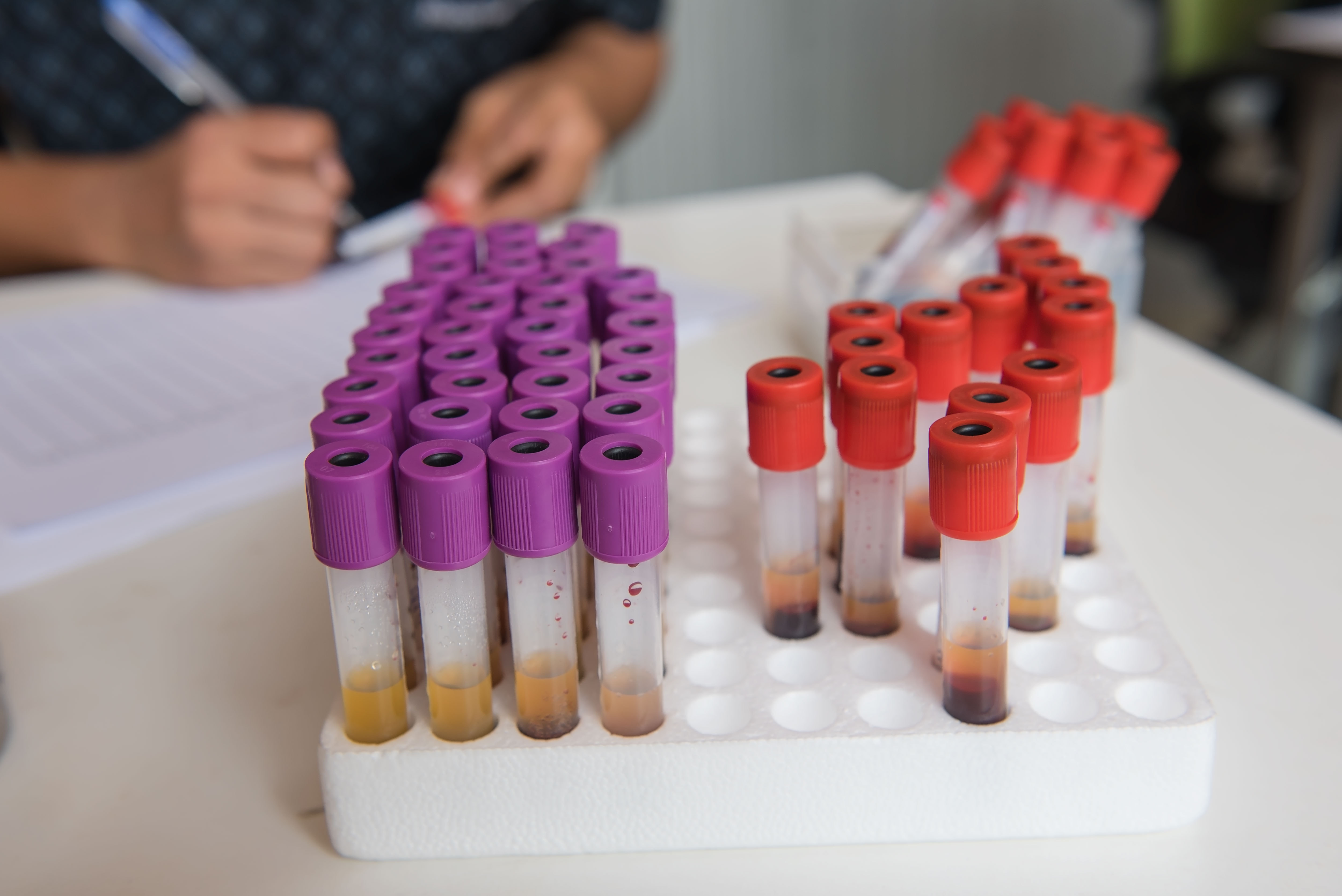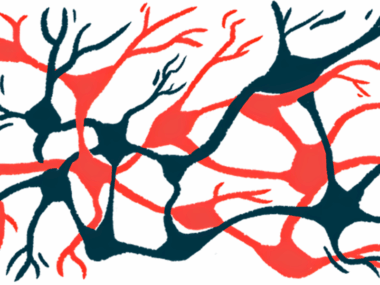Parkinson’s Foundation Shares Early Results of PD GENEration Study
Written by |

Preliminary results from the PD GENEration study demonstrate that comprehensive genetic testing and counseling, and the identification of rare genetic mutations linked to Parkinson’s disease, is feasible for the Parkinson’s community at large.
Launched in 2019 through the Parkinson’s Foundation and supported partly by Biogen, the study offers free genetic testing to Parkinson’s patients, as well as free genetic counseling to help them understand their results.
Although an estimated 15% of Parkinson’s cases might stem from genetic mutations, testing for clinically relevant genes remains uncommon.
Since launch, the PD GENEration study has tested at least 291 people, 52 of whom tested positive for a Parkinson’s-related mutation. This translates to a 17% detection rate, which is slightly higher than that estimated in the scientific literature.
According to a press release from the Parkinson’s Foundation, PD GENEration researchers expect the detection rate to rise as more people with Parkinson’s get tested.
“These interim findings represent the cornerstone in our success to lay the foundation for precision medicine in Parkinson’s disease,” said James Beck, chief scientific officer of the Parkinson’s Foundation, in the same press release. “By better understanding the genetic implications for people with [Parkinson’s], scientists will be able to move research and treatments forward towards a cure.”
The exact causes of Parkinson’s remain unknown. Although scientists believe that both genetic and environmental factors contribute to the condition, the extent to which each does so remains unclear. Expanding genetic testing may prove an effective way to shed light on that topic.
PD GENEration tests for seven genes with known Parkinson’s associations: GBA (glucocerebrosidase beta), LRRK2 (dardarin), PRKN (Parkin), PINK1 (PTEN induced putative kinase 1), PARK7 (DJ-1), VPS-35, and SNCA (alpha-synuclein).
Testing for mutations in all of these genes is neither always available nor always covered by insurance. At-home kits are both limited in which changes they can detect and they cannot detect new mutations, which is a major goal of PD GENEration.
Some participants tested have shown extremely rare mutations, with some individuals even carrying multiple Parkinson’s-associated mutations. This information will contribute to a better understanding of the condition and should help in assessing the impact that certain mutations have on Parkinson’s progression and outcomes.
Although a genetic cause is unlikely to be found in most Parkinson’s patients, understanding the genetics of the condition better will improve the knowledge of its underlying biology, which will contribute to finding new therapeutic targets that could benefit many more people living with Parkinson’s.
“This study is critical for the entire [Parkinson’s] community,” said John L. Lehr, President and CEO of the Parkinson’s Foundation. “PD GENEration participants can now arm themselves with more information about their specific diagnosis while helping scientists advance [Parkinson’s] research. We will continue to expand the PD GENEration study to better serve the [Parkinson’s] community while moving research forward.”
The PD GENEration study is currently in a pilot phase. The Parkinson’s Foundation plans to expand testing sites to enroll up to 15,000 participants by late this year.
The pilot program experienced delays related to the COVID-19 pandemic, which caused a temporary suspension in testing. Although this means the program has fallen shy of its 600 anticipated participants so far, the foundation now is preparing a telemedicine-based approach, in which participants may use at-home genetic testing kits.
Virtual genetic counseling will be made available in English and Spanish. More information about where to find sites that are actively enrolling is available here.





